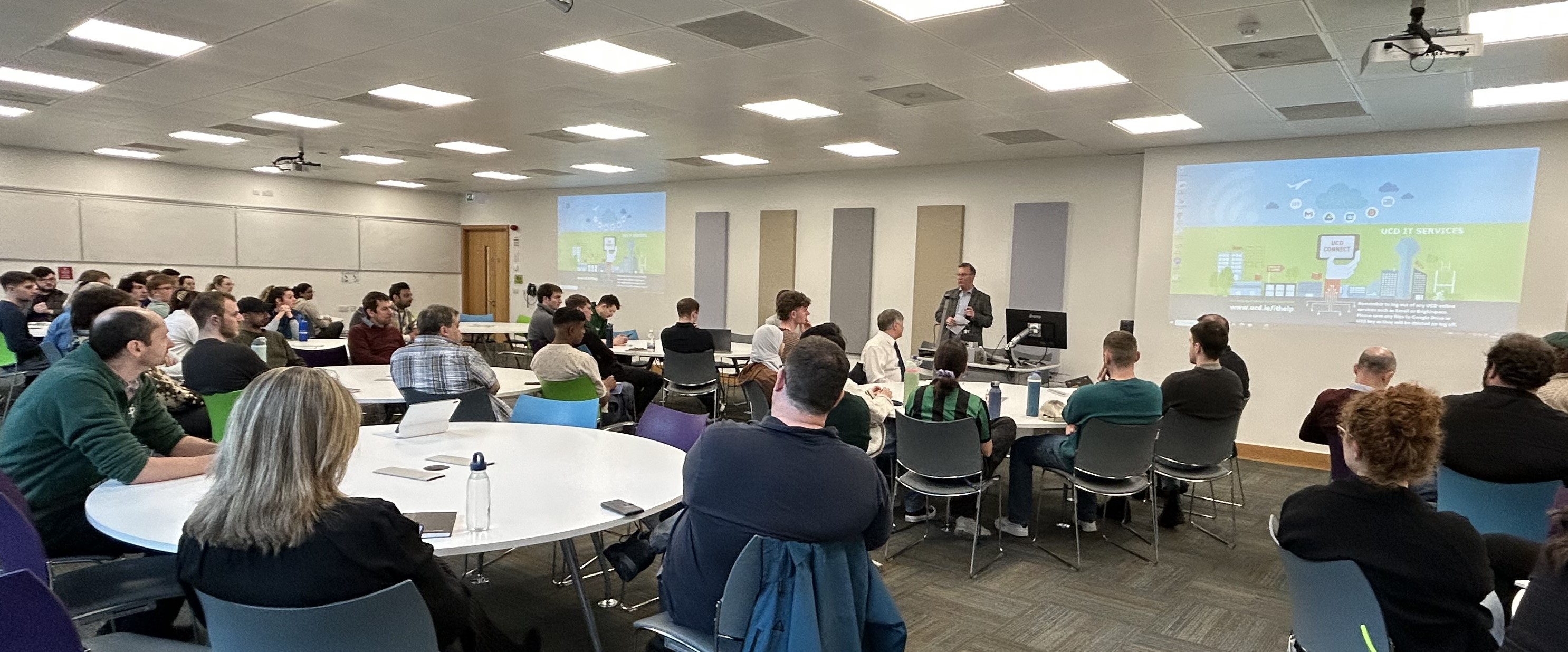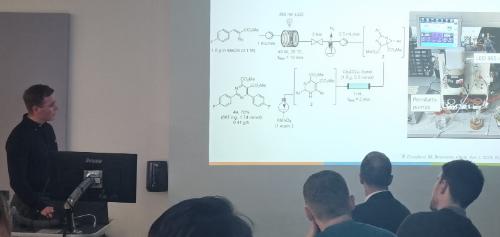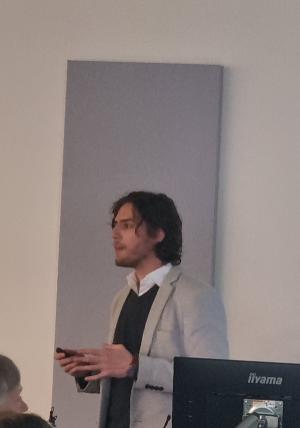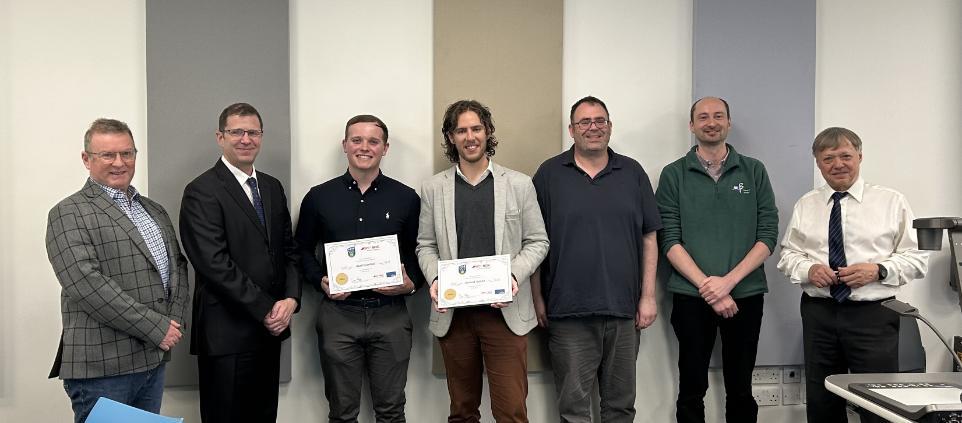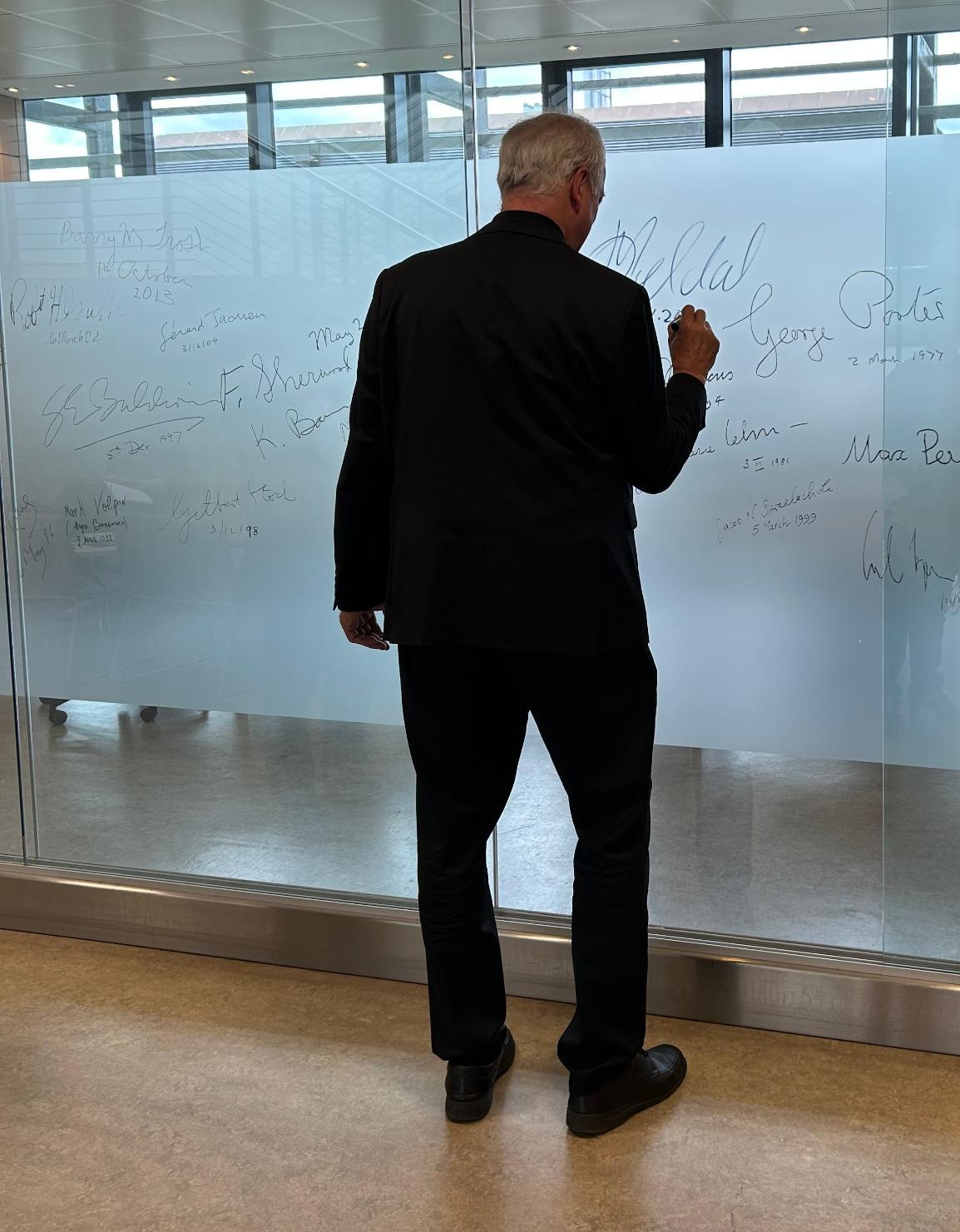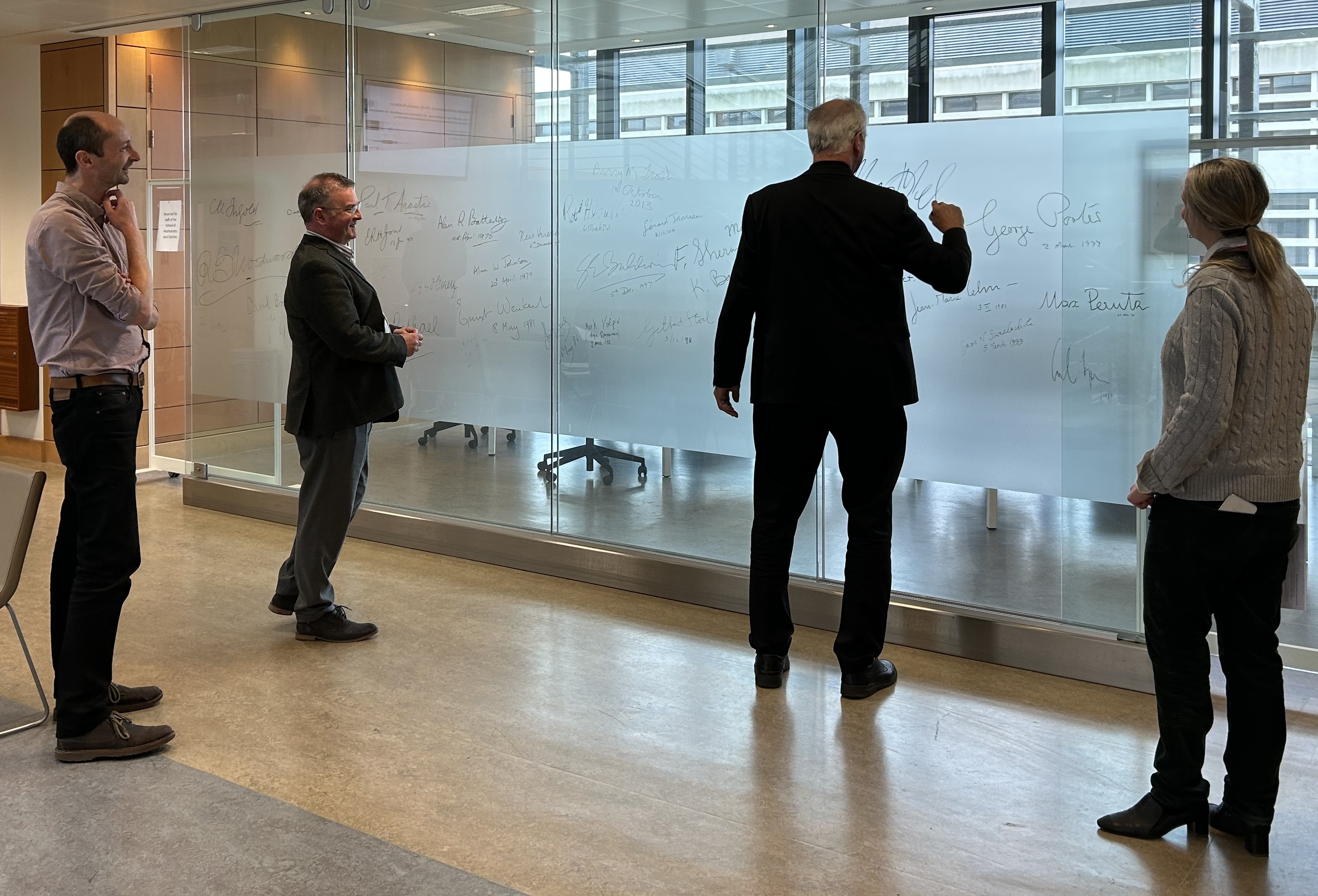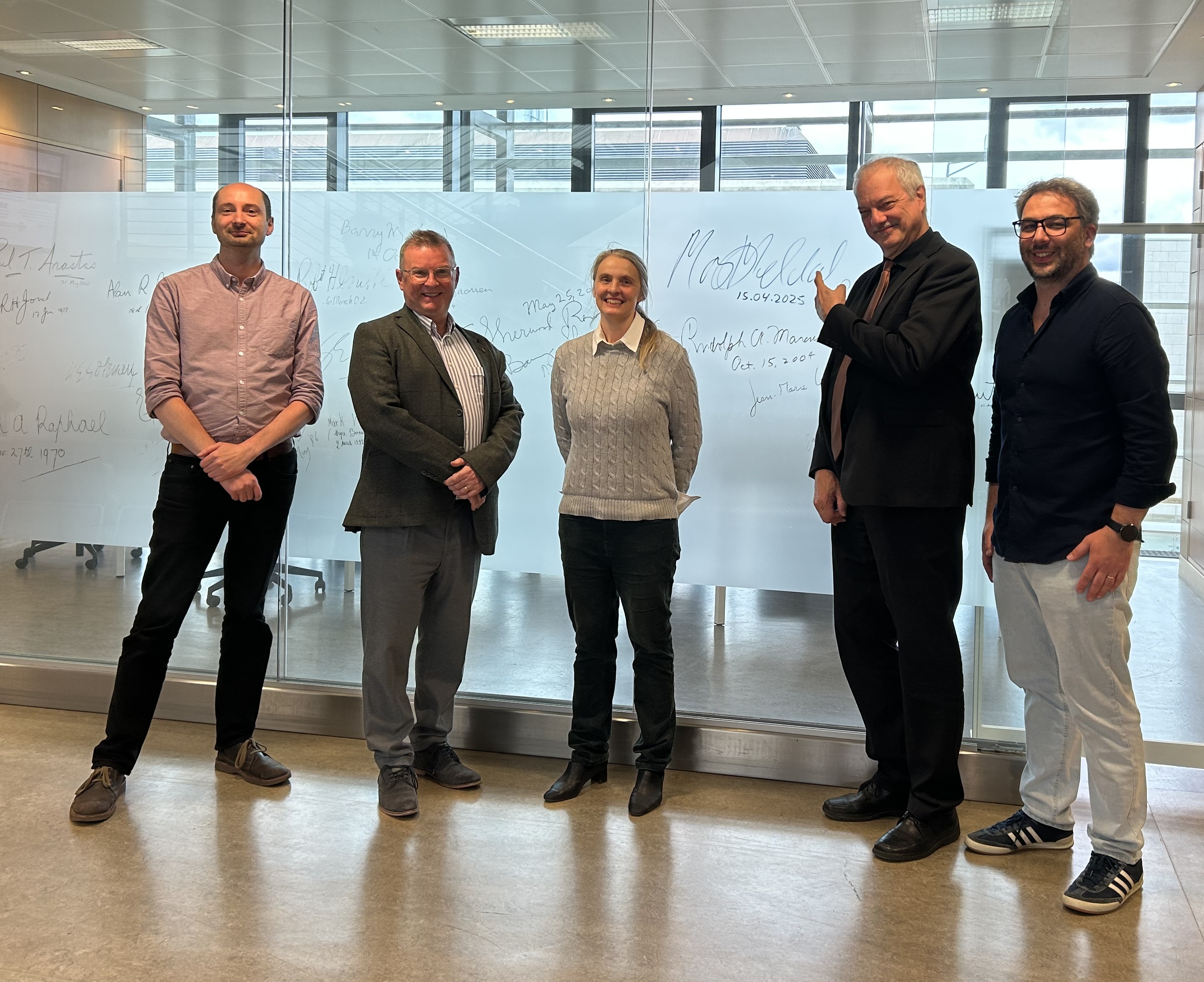Dr Alexander Jussupow, Dr Evan Spotte-Smith, and Dr Liana Zoumpouli joined the School of Chemistry in Ad Astra Fellow / Assistant Professor roles in early September 2025.
James Sullivan (Head of School) welcomed them to the school and commented:
I am pleased to welcome three new faculty members to our community and am delighted that we havebeen successful in the recent round of Ad Astra fellowships. These appointments not only increase ourfaculty numbers but also add significant depth to our teaching and research profile. Each brings valuableexpertise and fresh perspectives that will strengthen our capacity to deliver excellence across all areas ofthe School.
Their arrival represents an important investment in the future of the School and will have a lasting, positiveimpact on our students, our research, and our contribution to the wider academic and scientific community.
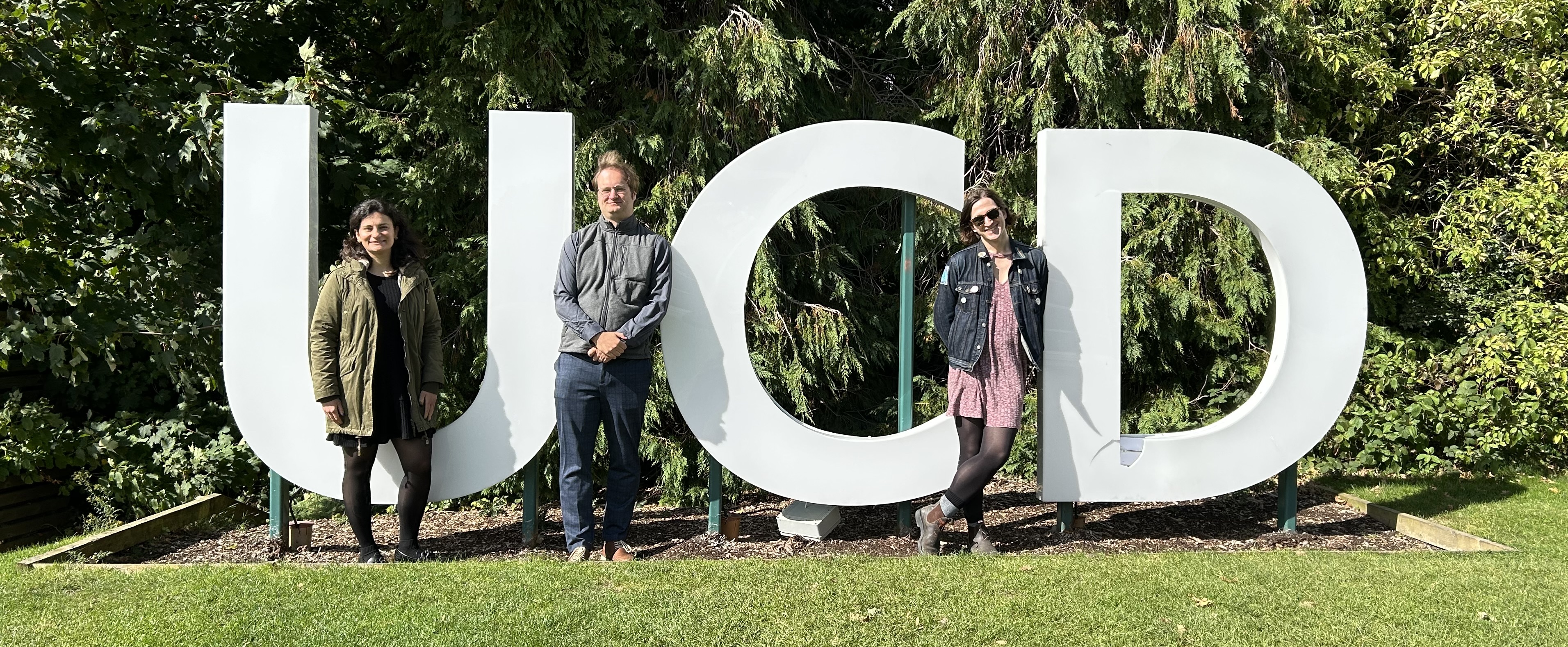
L to R: Liana Zoumpouli, Alexander Jussupow and Evan Spotte-Smith
Our new colleagues have each provided a mini bio below to help us get to know them a little. We look forward to getting to know them better in the coming months.
Dr. Alexander Jussupow -Ad Astra Fellow / Assistant Professor in Macromolecular Biophysical Chemistry / Chemical Biophysics
Preferred Pronouns: he/him
Born and raised in Bavaria, the land of beer gardens, pretzels, and an unreasonable number of castles that nearly bankrupted the country in the 19th century, I studied Chemistry at the Technical University of Munich. There, I quickly realized I preferred sitting in front of a computer over handling dangerous glassware. And I really don’t like working in gloveboxes. Since then, I’ve been hooked on using simulations to understand how proteins behave in a variety of environments.
During my PhD, I developed methods to integrate SAXS data into simulations and explored how the membrane shapes the activity of Complex I, a key protein in cellular energy conversion. My postdoctoral adventures took me to Stockholm, where I enjoyed traditional Swedish cuisine like banana pizza, and to Michigan, home to the stunning Great Lakes, though I worked in the city farthest from any of them. Along the way, I developed novel approaches to make coarse-grained simulation more data-driven and tackled increasingly large biological assemblies such as respiratory supercomplexes and bacterial microcompartments.
At UCD, my research will focus on one big question: How do complex environments shape protein function? My first projects will look at how protein-dense membranes affect enzyme activity. I also love collaborating and have worked on topics ranging from Alzheimer-related peptides to supramolecular self-assembly. If you want to chat science, or just argue that bars are better than beer gardens (they’re not), my door is always open. Except if it’s about ubiquitin. I don’t like ubiquitin; it’s coarse and rough and irritating, and gets stuck everywhere.
When I’m not running simulations, you’ll probably find me hiking, hunting for live music, or testing how many pastries a human can eat in one sitting. This sentence was written by ChatGPT and is a lie to make me sound more interesting. My music taste is absolutely terrible. I am, however, a decent chess player. By “decent,” I mean the worst player in my family. I’m excited to make Dublin my new home. Let’s see how long it takes to find a favorite pub!
Read more about Alexander's research and publications (opens in a new window)(opens in a new window)here
Dr. Evan Spotte-Smith - Ad Astra Fellow / Assistant Professor in Digital Chemistry
Preferred Pronouns: they/them
I was born in Baltimore, Maryland in the United States and was raised in the Baltimore suburb of Columbia, MD. I moved to New York City to attend Columbia University, where I got my BS in Materials Science and Engineering. While I was an undergrad, I got a taste for research by working with Prof. Irving P. Herman on projects related to nanoparticle self-assembly. I also worked with Dr. Anubhav Jain and Dr. Ravi Prasher of Lawrence Berkeley National Laboratory (LBNL), using computational chemistry to design thermochemically enhanced thermal fluids. I loved the scientific environment at LBNL, so when I graduated, I returned to Berkeley, pursuing a PhD in Materials Science and Engineering at the University of California, Berkeley. My doctoral work under the supervision of Prof. Kristin Persson focused on using a range of computational tools - density functional theory, kinetic Monte Carlo modeling, graph theory, and more - to gain a deeper understanding of how electrolytes degrade in metal-ion batteries. Most recently, I was a postdoctoral fellow at Carnegie Mellon University (CMU), working briefly with Prof. Gabe Gomes at the intersection of data science and scientific ethics and then working with Prof. Rachel Kurchin on simulating electrochemical ammonia synthesis reactions through the Carnegie Bosch Institute Fellowship program.
My research interests are broad and ever-growing, but they can be lumped into three main areas: 1) developing new theoretical/computational tools to study complex reactive systems; 2) modeling systems related to sustainability (e.g., batteries, electrocatalysis) and/or environmental degradation (e.g., plastic recycling); and 3) thinking about how to make science education and the practice of science more ethical and responsive to societal needs. While I was at CMU, I founded the Community of Researchers Assessing Chemical Transformations and Exploring Reactivity (CoReACTER), a democratic and anti-oppressive research organization. We're just starting out, but we already have members ("ReACTERs") on three continents!
I have a deep love for teaching and mentoring. In terms of the core chemistry curriculum, I'm most passionate about physical chemistry, thermodynamics, and kinetics. I'm also very excited to be helping Prof. Serena Cussen develop a new course on scientific writing and research ethics! With regard to mentoring, I particularly seek out opportunities to work with marginalized students (shout-out to the DisabledInSTEM program!). With all of my mentees, I work hard to empower them, to give them the support they need to flourish while also providing them ample opportunities to make decisions and drive their own research.
My journey to UCD was not all positive. I've known that I wanted to be a professor for many years, but I had planned on starting my faculty career in the United States. I even secured a tenure-track Assistant Professor position at CMU. Then Donald Trump won the 2024 US presidential election and took power. As a scientist dedicated to equity, diversity, inclusion (EDI) and the advancement of sustainable technologies, my professional future looked grim. I was also personally at risk as someone who is multiply disabled, mad, queer, and transgender. I come to UCD and the School of Chemistry, yes, because of its positive culture, strong focus on teaching, and excellent research portfolio, and I also come here to hold onto my life and freedom, to escape fascism and find safety.
Outside of my academic research, teaching, and service work, I love to read (especially nonfiction), play go/weiqi/baduk (badly), and drink tea (especially malty black teas, oolongs, and white teas). I've recently gotten back into writing poetry after a long hiatus. I'm also trying to discover Dublin's art scene and find places to hike and explore nature.
Read more about Evan's research and publications (opens in a new window)(opens in a new window)here.
Dr. Liana Zoumpouli -Ad Astra Fellow / Assistant Professor in Micropollutant Detection, Destruction & Ecotoxicology
Preferred Pronouns: she/her
I am a Chemical Engineer specialising in water treatment. My research focuses on the urgent issue of removing anthropogenic micropollutants, such as pharmaceuticals and PFAS, which impact water quality and pose a risk to public and environmental health. Working closely with the water sector, I use materials science, environmental engineering and innovative approaches such as 3D printing to advance the performance and sustainability of separation and oxidation processes.
I am originally from Thessaloniki, Greece, where I also completed my undergraduate degree in Chemical Engineering at the Aristotle University of Thessaloniki. Two highlights of my undergraduate studies were spending a summer in Austria doing an internship in analytical chemistry and publishing my first paper based on the results of my final-year research project. Following these experiences, I decided to do a PhD abroad. In 2016 I moved to the UK to do a PhD at the Centre for Sustainable Chemical Technologies, University of Bath. My PhD research focused on ozonation water treatment, specifically studying the transformation of organic micropollutants such as pharmaceuticals. I also had the opportunity to spend a summer in the USA, doing an internship at Johns Hopkins University. After graduating from my PhD, I stayed in the UK and joined Cranfield University as a Research Fellow in Wastewater Treatment. There, I collaborated with industrial partners on the National Chemical Investigations Programme studying the mechanisms of contaminant removal in different wastewater treatment processes. I then moved back to the University of Bath as a Research Associate within the ‘SynHiSel’ programme grant. During my postdoc at Bath, I started working on a new research direction, using 3D printing to improve the efficiency of membrane separations.
In addition to research, I enjoy teaching and have contributed to several modules in the Chemical Engineering MEng course at the University of Bath. For example, I led lectures and practical sessions in a computer lab on the topic of Computational Fluid Dynamics. I am also passionate about outreach and public engagement having participated in various activities such as organising workshops for science festivals and collaborating with creative specialists to develop artwork inspired by science.
In my free time, I unwind by reading and doing yoga. I also love travelling to new places, so I am very excited to have just moved to Ireland where there’s so much to explore!
Read more about Liana's research and publications (opens in a new window)(opens in a new window)here.

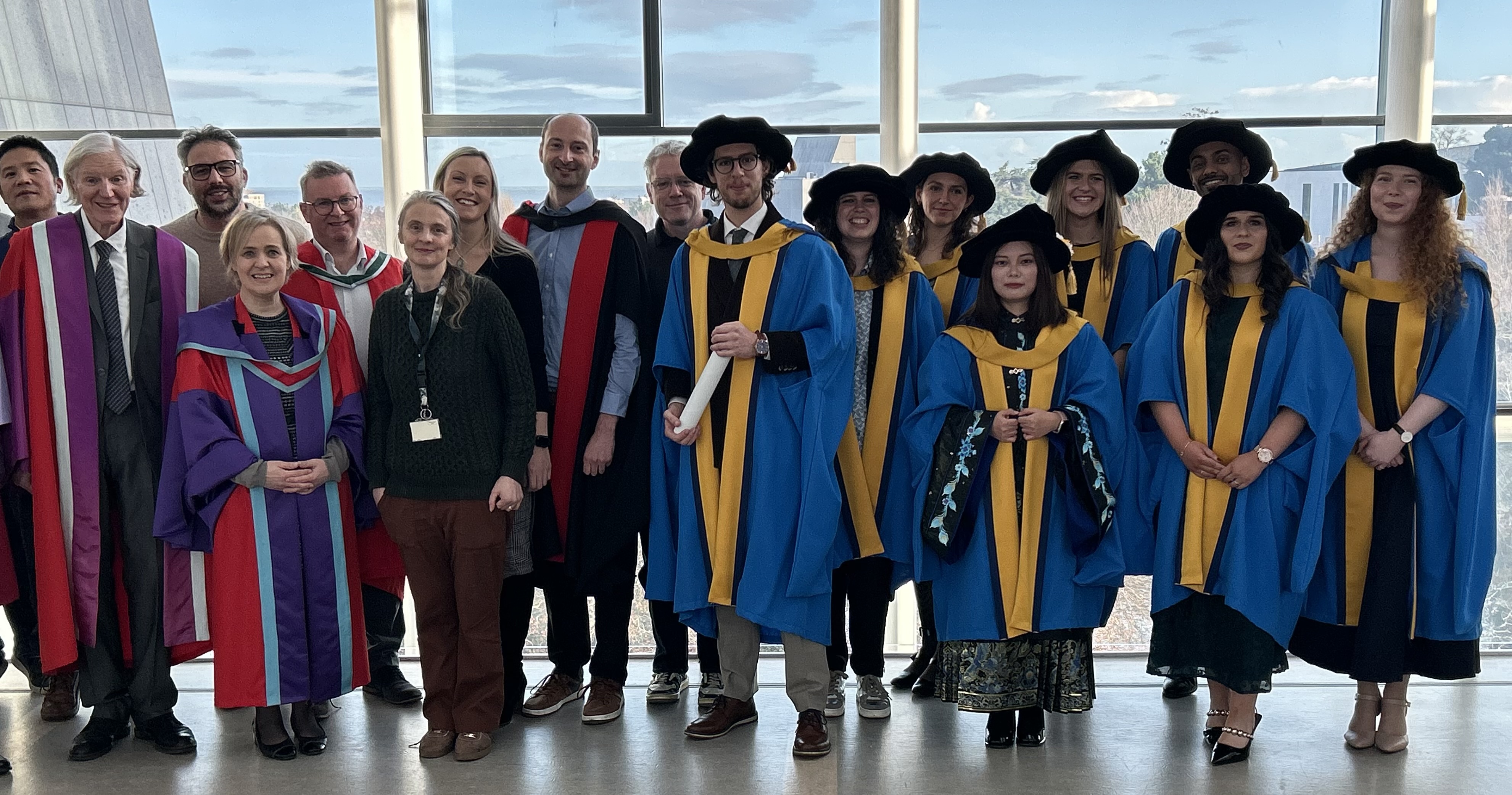
.png)
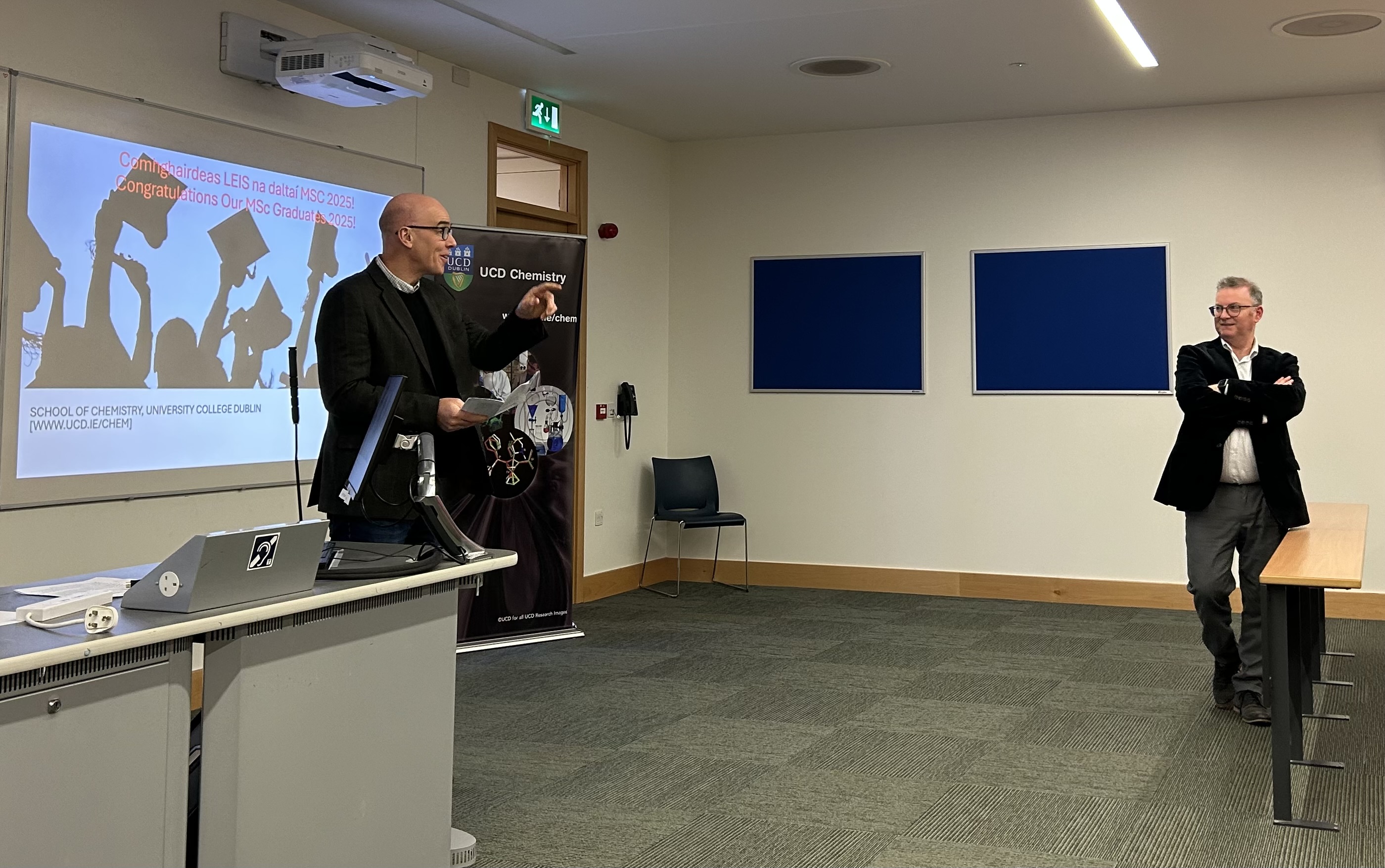
.jpeg)

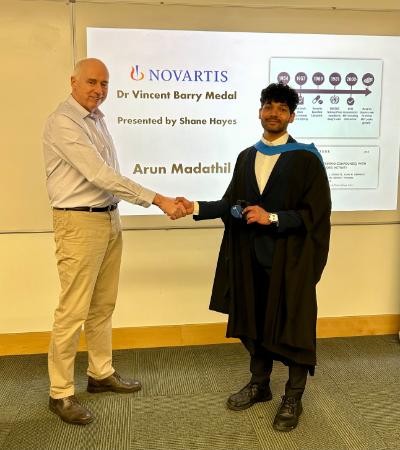
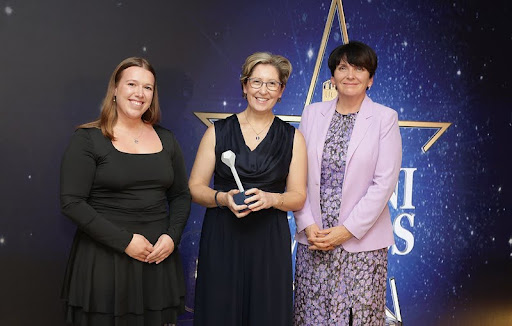
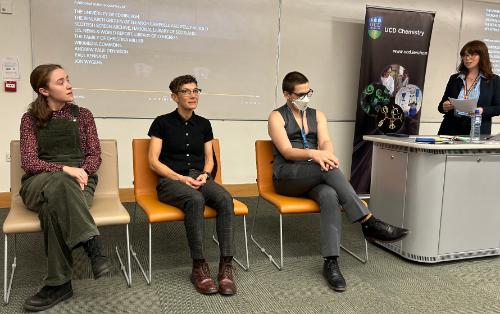
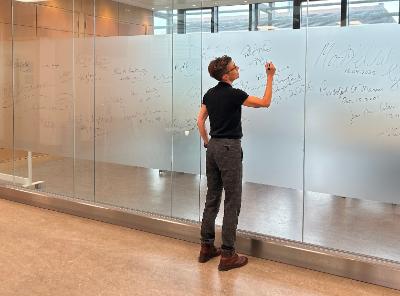
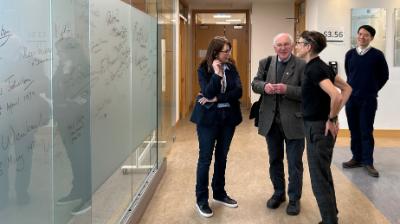
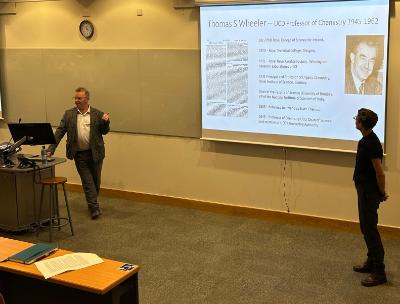
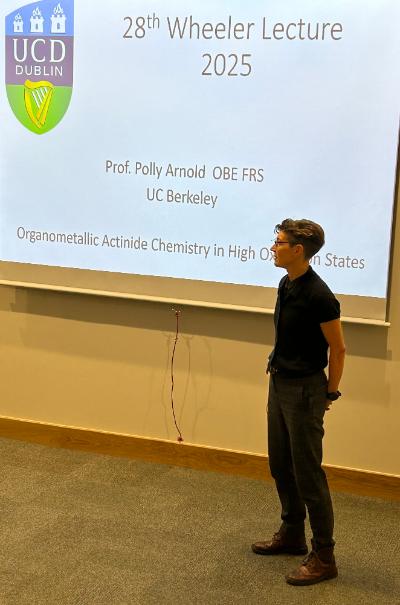
.png)
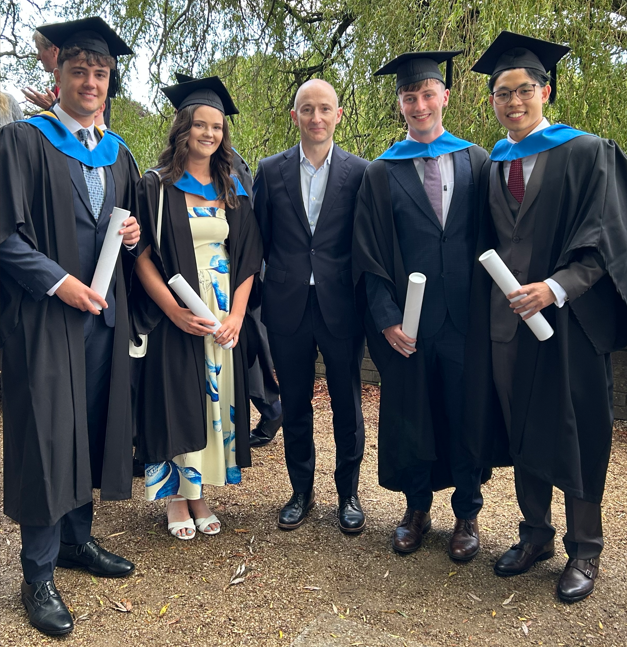
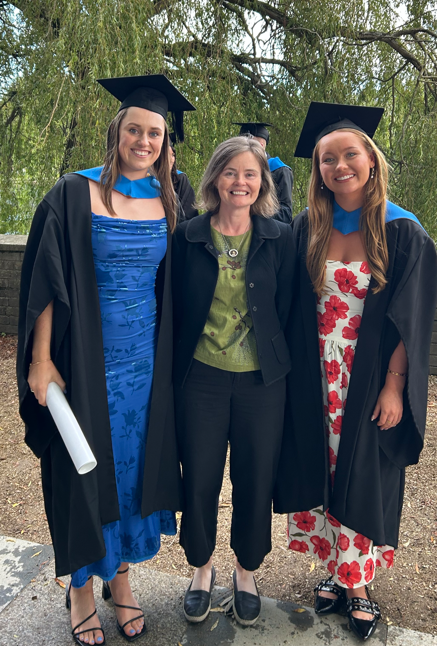
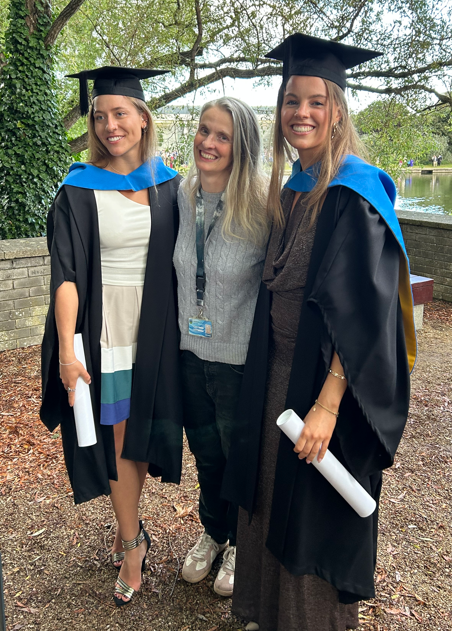
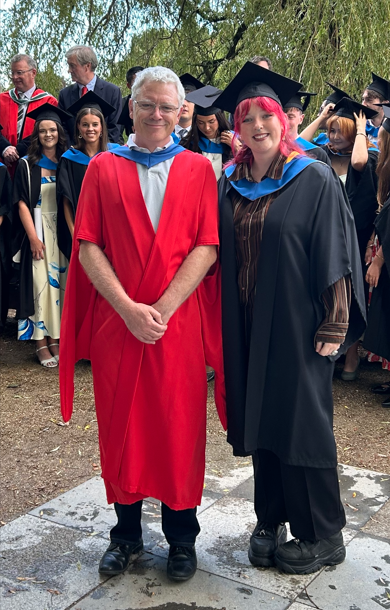
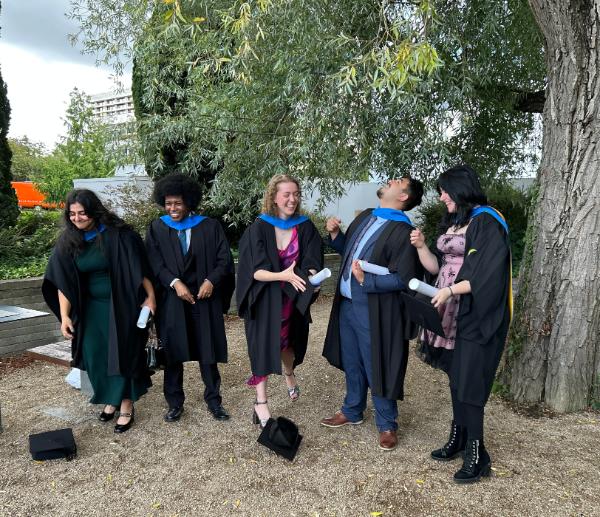

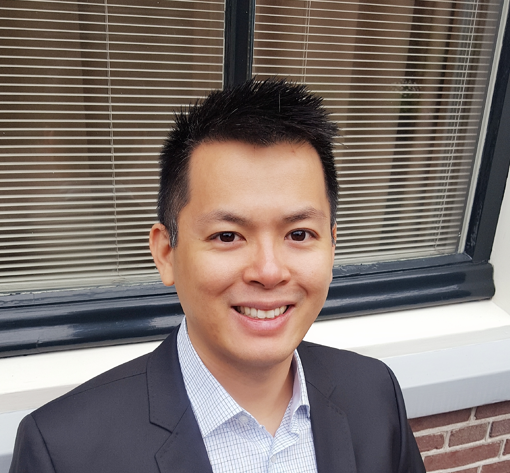
.jpg) Back L to R: Grace Morgan, Andrew Phillips, James Dudley, Peter Byrne, Fun Man Fung, Marcus Baumann, Tony Keene, Patrick Guiry. Front L to R: Ioanna Bampouri, Arlene Bonner, Rosa Fernandez Pison, Fionn McNeill, Qiwei Wang, Rachel Ann O’Sullivan, David Mc Laughlin, Nathan Feely, Robert Redmond
Back L to R: Grace Morgan, Andrew Phillips, James Dudley, Peter Byrne, Fun Man Fung, Marcus Baumann, Tony Keene, Patrick Guiry. Front L to R: Ioanna Bampouri, Arlene Bonner, Rosa Fernandez Pison, Fionn McNeill, Qiwei Wang, Rachel Ann O’Sullivan, David Mc Laughlin, Nathan Feely, Robert Redmond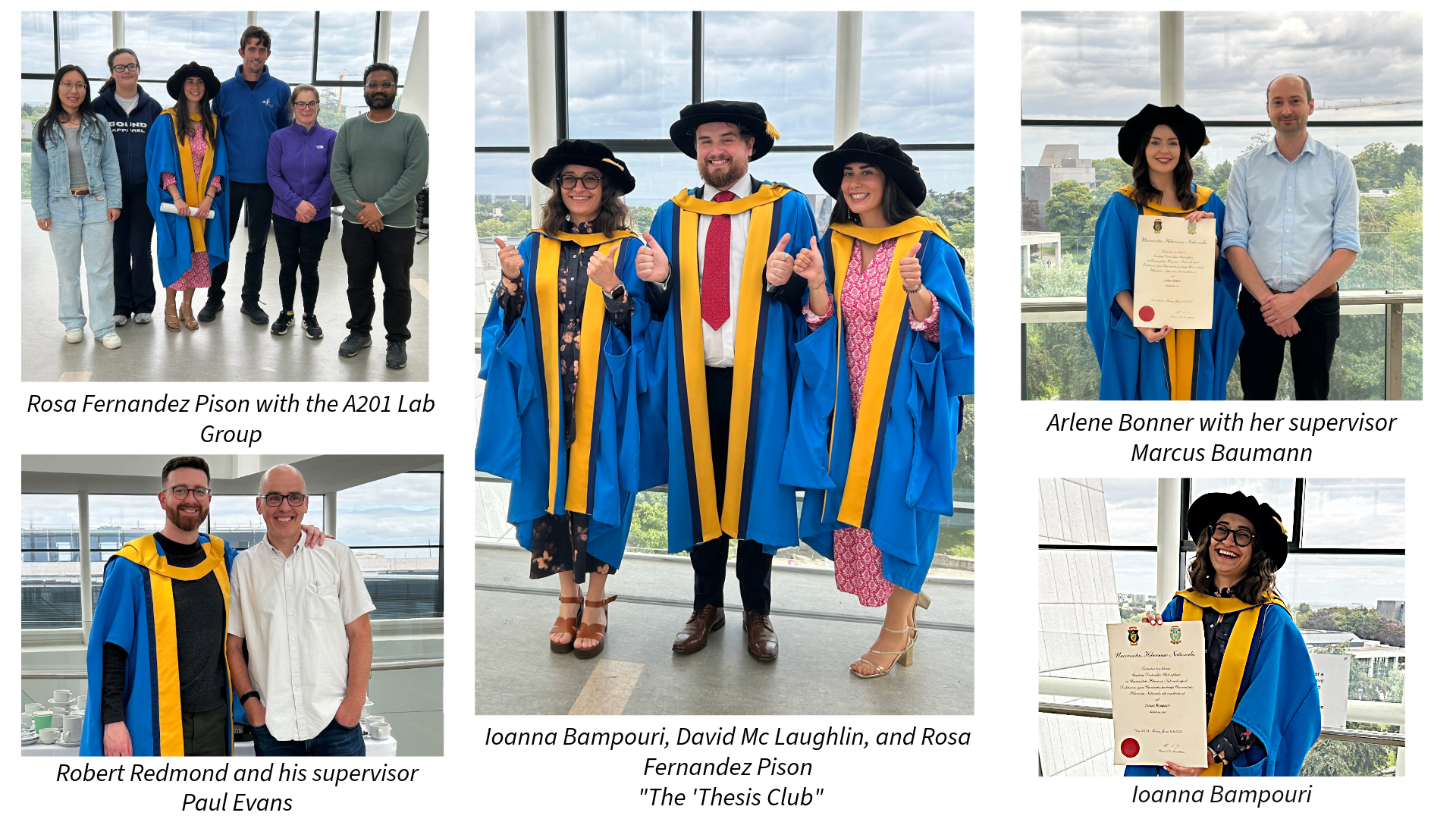
-350x589.jpg)
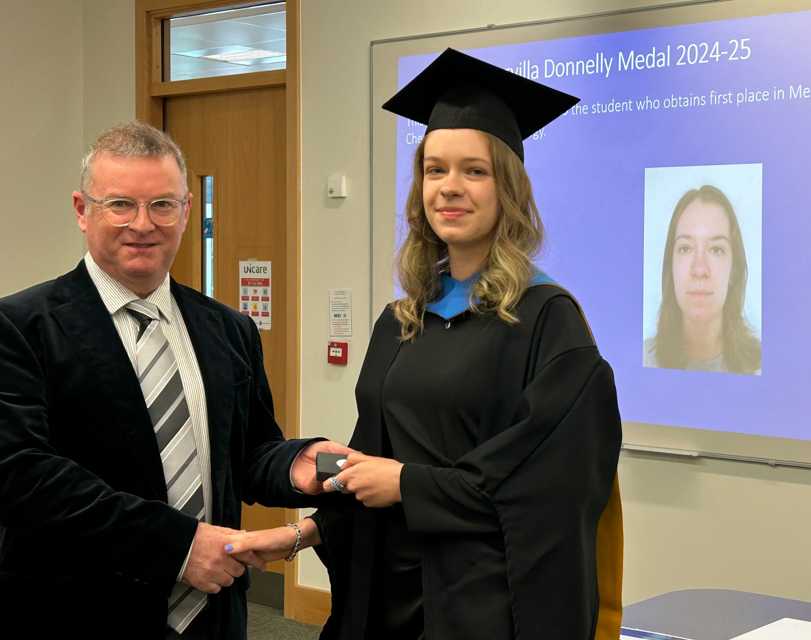
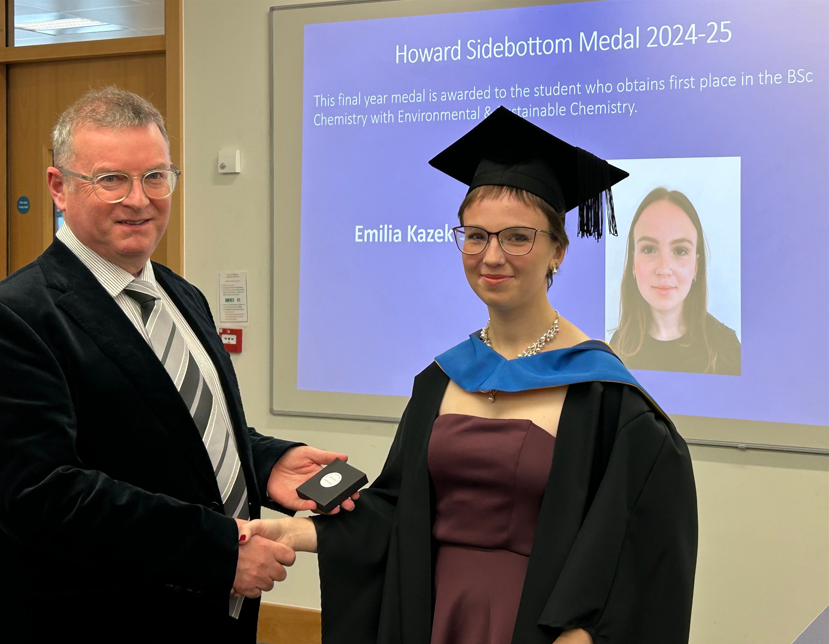
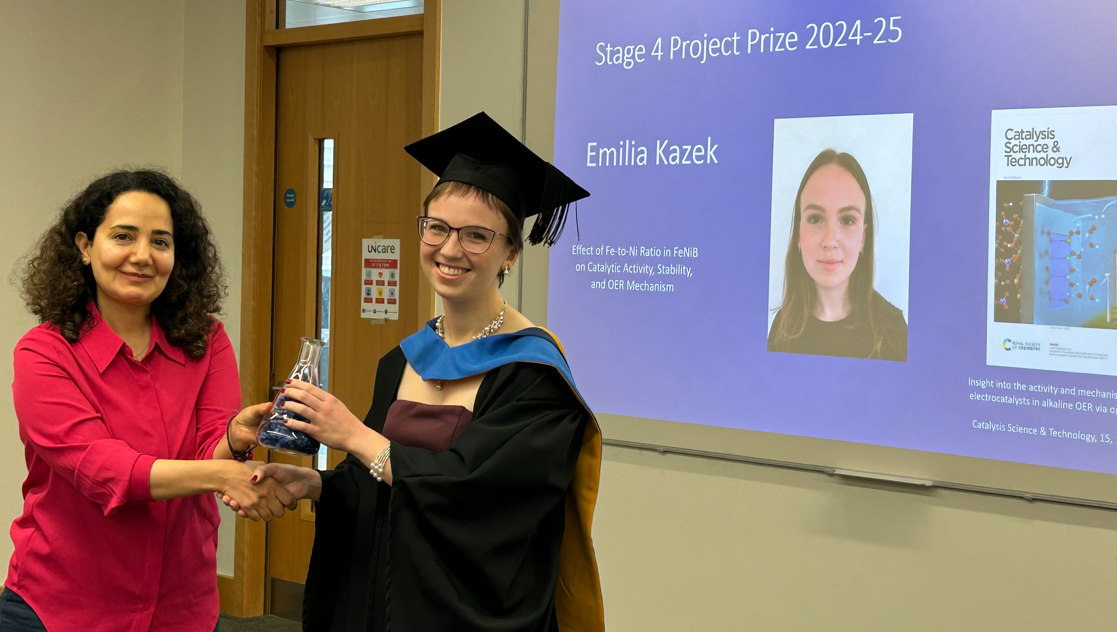 Emilia completed her Stage 4 Project under the supervision of
Emilia completed her Stage 4 Project under the supervision of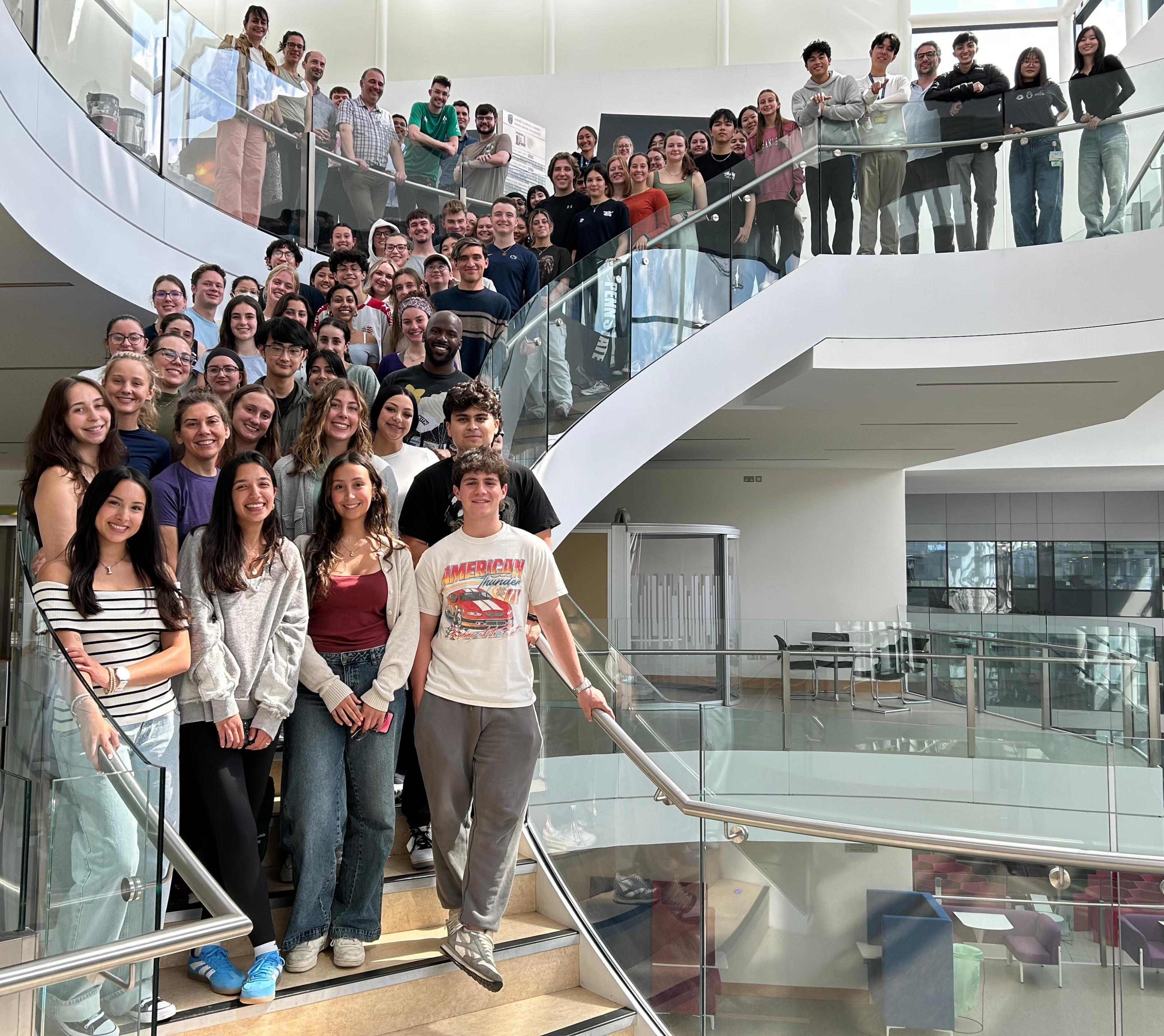
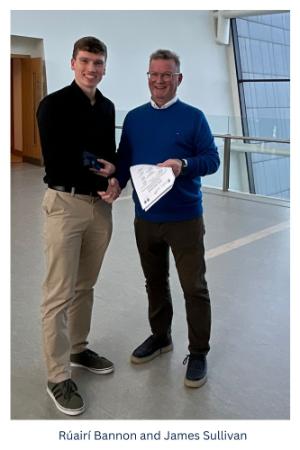
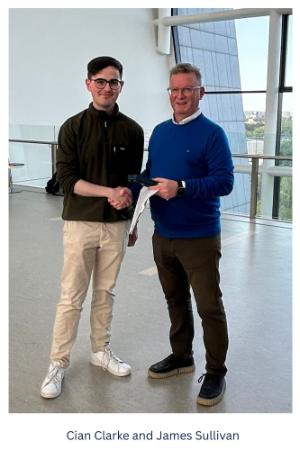
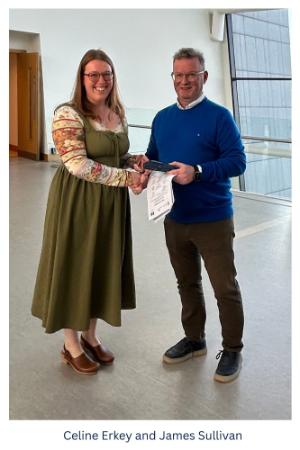
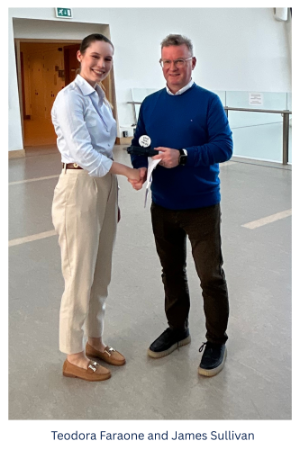
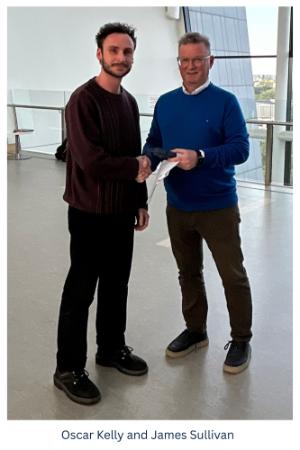
-850x680.png)
